#studyblr education
Text
the day i get rid of my crazy fear of failure and my procrastination, it will be over for you all.
#college#education#school#academia#note taking#student#study aesthetic#study blog#study inspiration#study motivation#i should study#literally i have an exam in like one week#university student#study tips#architecture student#study notes#studyblr#studyinspo#studyspo#academic validation#chaotic academia#light academia#dark academia#fear of failure
2K notes
·
View notes
Text
Searching best practices on JSTOR
Hi Tumblr researchers,
As promised, we're going to dive into some best practices for searching on JSTOR. This'll be a long one!
The first thing to note is that JSTOR is not Google, so searches should not be conducted in the same way.
More on that in this video:
youtube
Basic Search on JSTOR
To search for exact phrases, enclose the words within quotation marks, like "to be or not to be".
To construct a more effective search, utilize Boolean operators, such as "tea trade" AND china.
youtube
Advanced Searching on JSTOR
Utilize the drop-down menus to refine your search parameters, limiting them to the title, author, abstract, or caption text.
Combine search terms using Boolean operators like AND/OR/NOT and NEAR 5/10/25. The NEAR operator finds keyword combinations within 5, 10, or 25 words of each other. It applies only when searching for single keyword combinations, such as "cat NEAR 5 dog," but not for phrases like "domesticated cat" NEAR 5 dog.
Utilize the "Narrow by" options to search for articles exclusively, include/exclude book reviews, narrow your search to a specific time frame or language.
To focus your article search on specific disciplines and titles, select the appropriate checkboxes. Please note that discipline searching is currently limited to journal content, excluding ebooks from the search.
youtube
Finding Content You Have Access To
To discover downloadable articles, chapters, and pamphlets for reading, you have the option to narrow down your search to accessible content. Simply navigate to the Advanced Search page and locate the "Select an access type" feature, which offers the following choices:
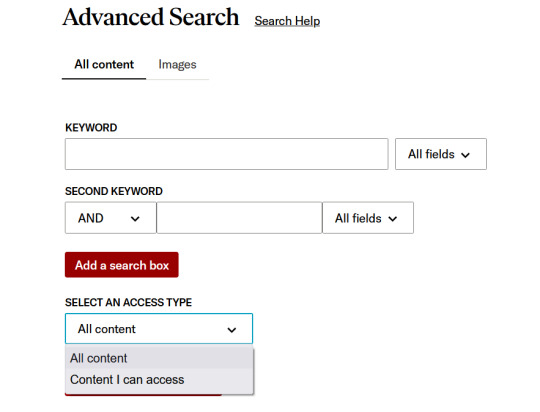
All Content will show you all of the relevant search results on JSTOR, regardless of whether or not you can access it.
Content I can access will show you content you can download or read online. This will include Early Journal Content and journals/books publishers have made freely available.
Once you've refined your search, simply select an option that aligns with your needs and discover the most relevant items. Additionally, you have the option to further narrow down your search results after conducting an initial search. Look for this option located below the "access type" checkbox, situated at the bottom left-hand side of the page.
Additional resources
For more search recommendations, feel free to explore this page on JSTOR searching. There, you will find information on truncation, wildcards, and proximity, using fields, and metadata hyperlinks.
#happy researching!!!#jstor#research#academic research#academic writing#academia#academic database#searching#higher education#students#colleges#university#learning#teaching#librarians#libraries#Youtube#studyblr#ref
2K notes
·
View notes
Text
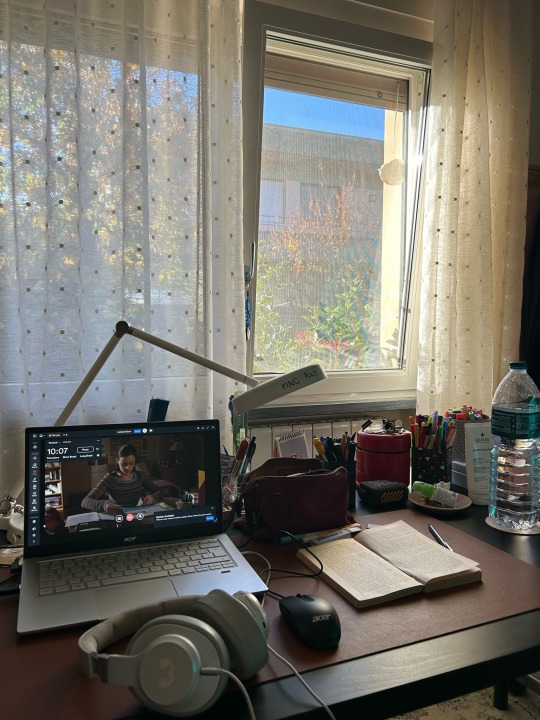
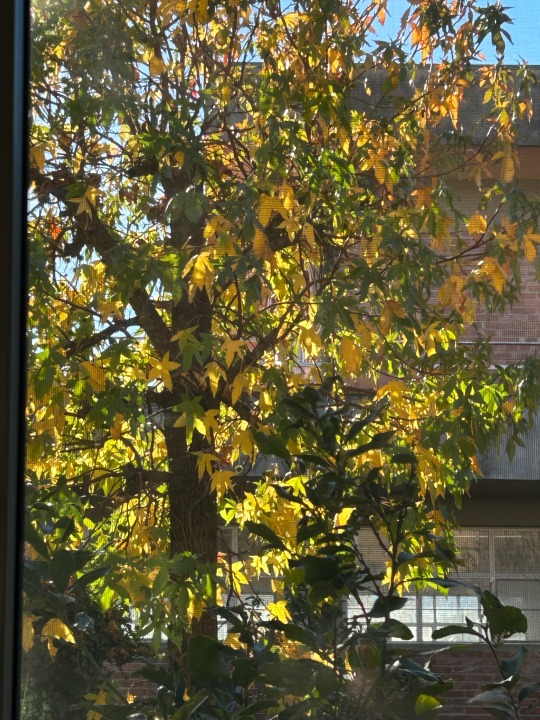

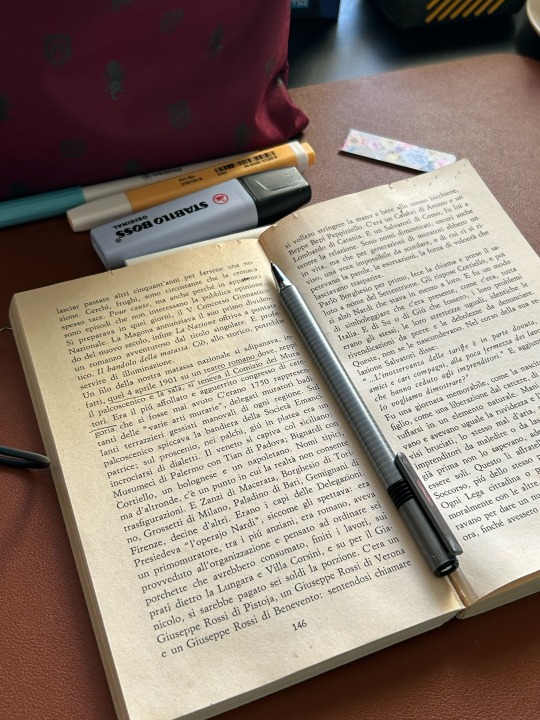
𝐅𝐢𝐧𝐚𝐥𝐥𝐲 𝐟𝐢𝐧𝐢𝐬𝐡𝐞𝐝 𝐭𝐡𝐢𝐬 𝐛𝐨𝐨𝐤. 𝐔𝐩 𝐧𝐞𝐱𝐭…𝐏𝐀𝐒𝐎𝐋𝐈𝐍𝐈!✨🎞️
𝐌𝐲 𝐛𝐞𝐥𝐨𝐯𝐞𝐝💕
#studyblr#study aesthetic#study hard#study inspiration#study motivation#student#studyspo#studying#education#light academia#dark academia#studyblr university#studywithme#study with me#study notes#uniblr#university#literature#books#pier paolo pasolini
1K notes
·
View notes
Text

I just want to be beautiful and disgustingly overeducated ✨
#law school#study movitation#studyblr#studying#law#study blog#studyspo#law student#law studyblr#study aesthetic#studyinspo#study notes#study motivation#law stuff#student#university#education
678 notes
·
View notes
Text
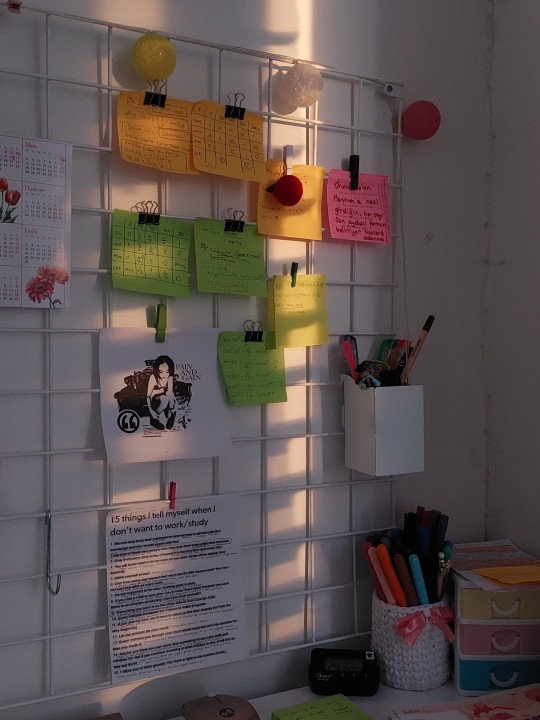
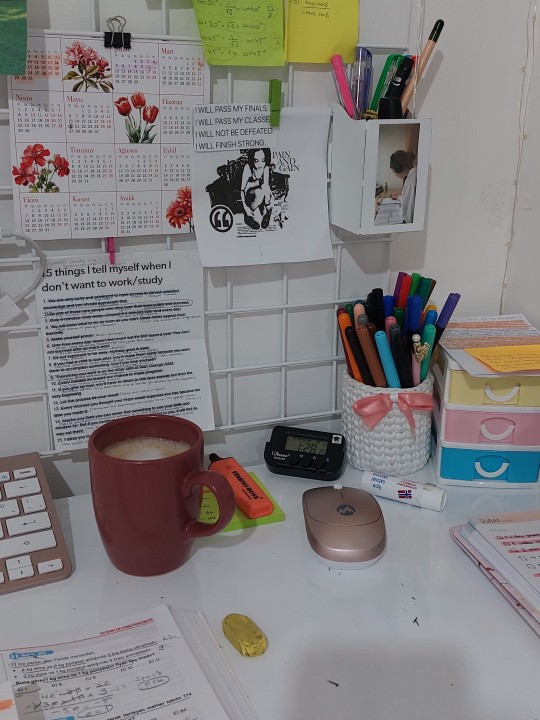

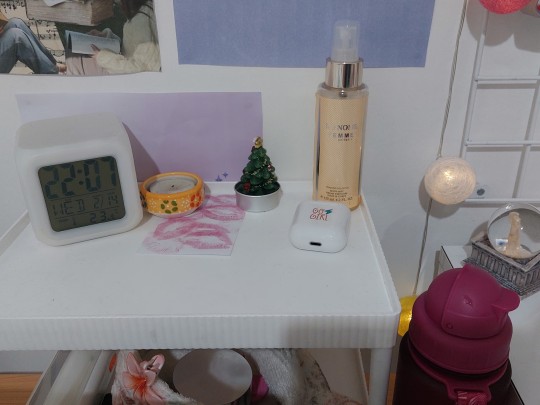
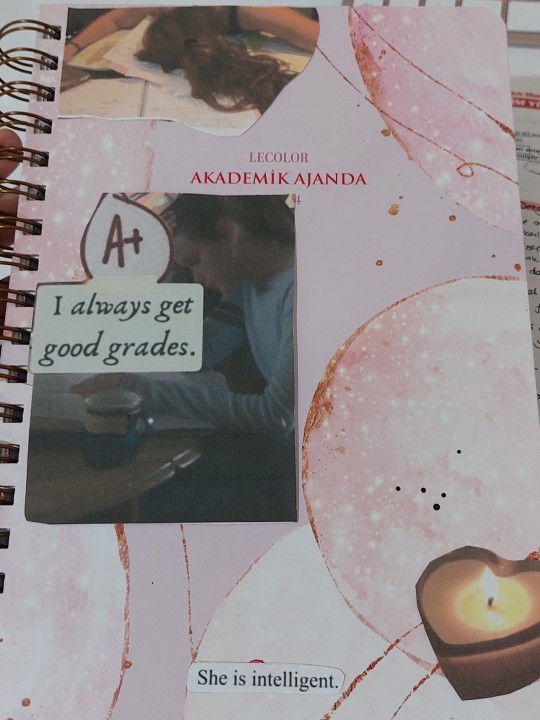
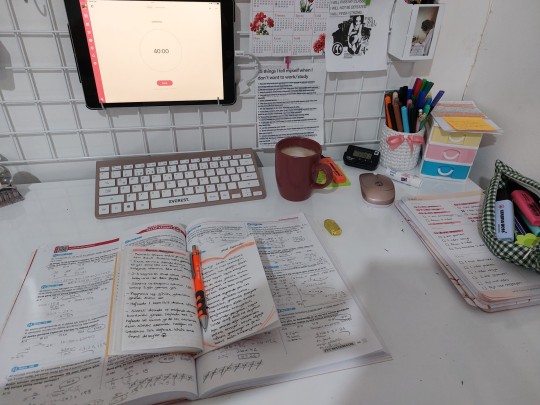
studying for hours on an organized desk while sipping coffee,
slow paced productivity,
beauty&brains...𓍢ִ໋🌷͙֒✧˚ ༘ ⋆。˚♡𓂃 ࣪˖ ִֶָ 𓈈
#aesthetic#study motivation#studying#studyblr#study space#lifestyle#studygram#student life#studyspo#study notes#my stuff#study session#studystudystudy#study blog#study aesthetic#study desk#desk inspo#desk setup#educate yourself#education#notes#study material#study motivator
842 notes
·
View notes
Photo
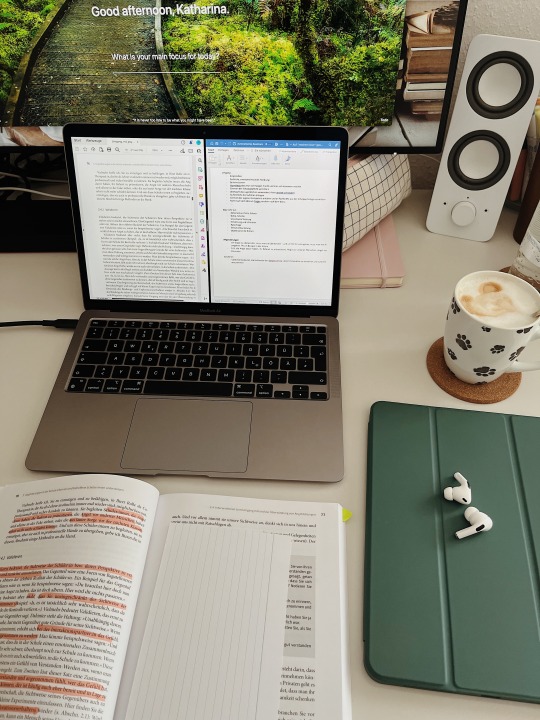
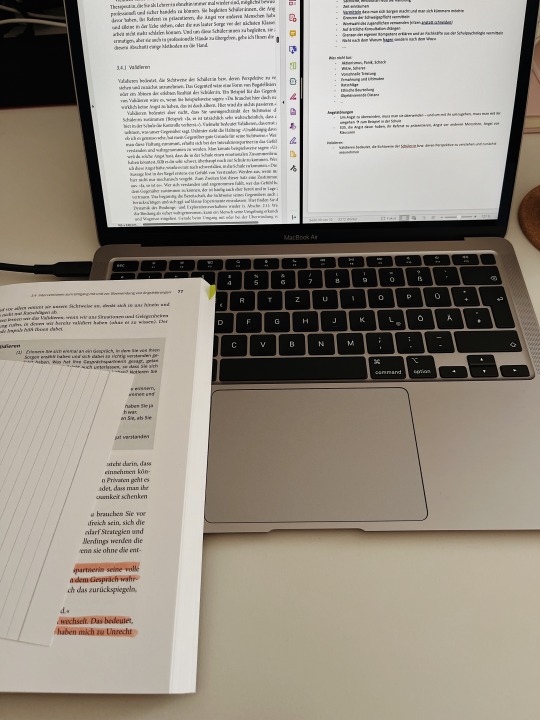
April 24, 2023 | 🐇
What I worked on today:
visited two of my students at their internship (and got lost doing so)
studied for my pedagogy exam
studied for my English didactic exam
wrote a couple of E-Mails
Currently reading:
- Icebreaker Hannah Grace
- You have a match Emma Lord
#MYPOSTING#studyblr#educhums#study#study inspo#studying#teaching#teacher#referendariat#lehramt#education major
1K notes
·
View notes
Text
CREATING A STUDY SCHEDULE/ROUTINE
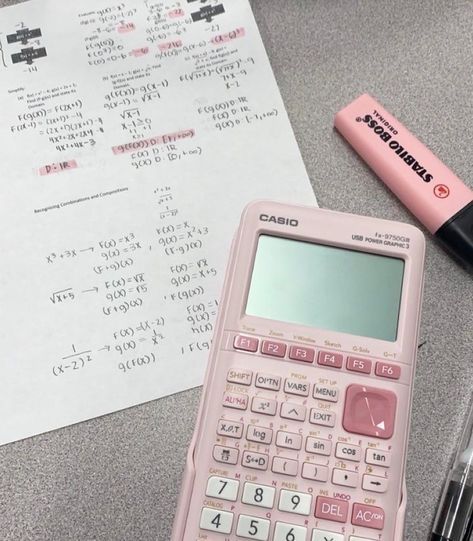
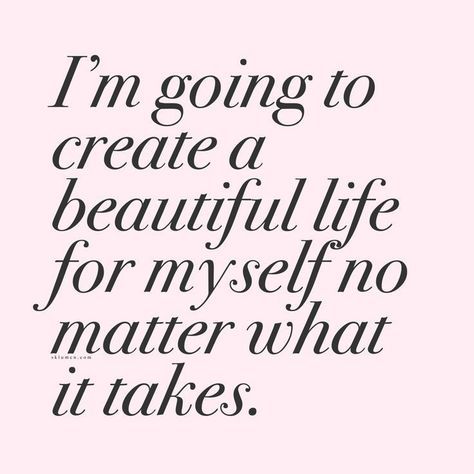
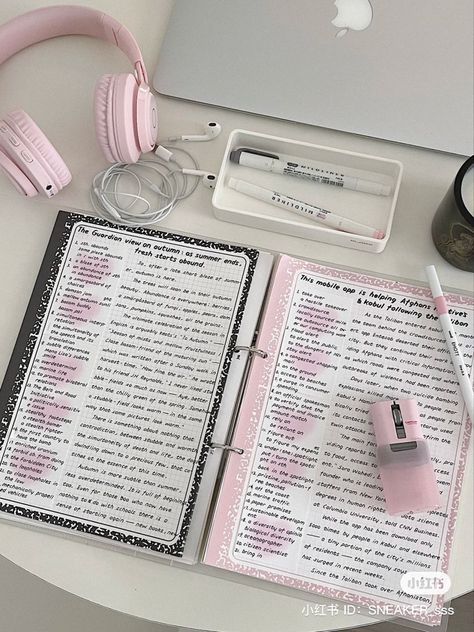
PLANNING/SCHEDULING
LIST YOUR ACADEMIC STRENGTHS AND WEAKNESSES. This is so you can allocate time accordingly and avoid wasting any time.
PRIORITISE ANY SUBJECTS. These may be subjects that will help you in your future career or just a subject you especially want a good grade in. Anything for these subjects then becomes the most important on your to-do list.
DIVIDE TIME EACH DAY. Not all days you are going to be able to sit down at your desk at the same time. Instead, according to your energy levels and planned activities, divide your time.
E.g I have cheerleading after school and I'm going to be so tired, so I’ll do my studying in the morning instead.
ESTABLISH BREAKS. Depending on how long you can study for, place a suitable break in between. This helps make studying more productive, but only if your breaks are.
CREATING
USE YOUR TIMETABLE. On days you don’t have a specific subject, dedicate more time to that one.
CONSIDER YOUR LEARNING STYLE. This helps to be a bit more specific when creating it, instead of winging it and just doing anything. Having a consistent way of studying helps us learn better.
E.g I’m a visual learner, so I’ll watch animations. I'm an auditory learner so I’ll watch a video of someone explaining it.
KNOW WHAT YOU WILL DO DURING STUDYING. Do not just wing studying, it’s unproductive and you’re more likely to waste time instead of using it.
Before you start studying, write a to-do list of everything you need to do during that session and how you will do it. Less time time-consuming and allows you to use time productively.
SAMPLE – this is Lanny’s daily study routine without any upcoming tests, as an early bird, kinesthetic learner and needs breaks to think with clarity.
Morning
Review my flashcards in preparation for any test.
Write/note any flashcards I'm struggling with.
Afterschool
Check seqta/school website to access my courses, in which I’ll write down which subjects I had.
Do a few quick blurts on paper of everything I learned in those subjects with prior reading. I only do this for HASS, math and science + any electives that require it. (blurting method)
Then I recheck my blurts, add in anything that I’ve missed and correct with a different coloured pen.
After, I push those papers aside but I do not discard them. I’ll then complete my online science homework + class workbook. If I happen not to understand anything I’ll watch a video on it and then complete some questions on that.
I’ll take a break around now because, on an estimate, it has been around 20-40 minutes since I started depending on how my science homework is. I usually eat something and then get back to it.
Math is next. I’ll complete any math homework, then I’ll practice doing math questions on my own. What I like to do is watch a math video, pause the question without the answer then watch to see if I got it. Effective because they explain it and I can see where I went wrong without analysing my working out which is rather time-consuming.
I take another break. Math stuff usually takes around 20-30 minutes.
I then do HASS, which is the easiest. I usually read an article or watch a video on hass then apply that knowledge by answering questions OR doing assigned chapter work.
I do not study English after school, but I usually read an assigned passage/book and then try to apply any techniques/knowledge by taking that paragraph apart and analysing it. Sometimes, I write my paragraphs using any taught techniques and then mark them.
Then, I redo my blurtings again but without prior reading then recheck and correct. Then I am finished for the afternoon!!
Evening
Review flashcards then watch a video/read an article on what I was struggling with in the morning but I do not do anything to consolidate this knowledge.
That is all, please feel free to ask me about any questions about studying as I don't really post much about it, I'll love to help out any fellow students!
#hot and educated#hot girl semester#pink academia#princess academica#study blog#study aesthetic#studyspo#study motivation#studyblr#study tips#studying#high school#pretty academia#pretty and smart#study#study inspiration#routine#time management#sc
538 notes
·
View notes
Text
Study Tip - 4
When you're studying, it is advisable to take a break. I don't mean breaks which last around 5-15 mins. I mean breaks that last for 20 seconds.
Why 20 seconds?
Recently, i have discovered that when you're studying for long hours or even short, our brains are exhausted by the time we complete even a single chapter. It has too much of information to actually process it so i always use this method.
When you complete a topic, small or big. Just close your eyes for 20-30 seconds and lean back on your chair and calm your breathing. Process the information. Let everything sink in. Take out the tension. DO NOT TAKE YOUR PHONE. And then after those 20-30 seconds, just glance through the topic before moving to the next one.
How does this help?
Boosts attention.
Allows you to calm down from overwhelming emotions
Helps you process better.
You're likely to remember it more.
Helps you to study for longer hours.
Hope it helps! :)
#study motivation#studyblr#quotes#study inspiration#studyspo#studying#study blog#study goals#study motivator#student#harsh studyspo#study aesthetic#studyblr community#bella_studies#college#education#school#academia#note taking#study notes#study tips#studyinspo#uni life#university life#university#academic validation#chaotic academia#light academia#dark academia#motivation
184 notes
·
View notes
Text
ੈ✩‧₊˚Self Improvement Habits
ੈ✩‧₊˚self improvement habits to slowly implement
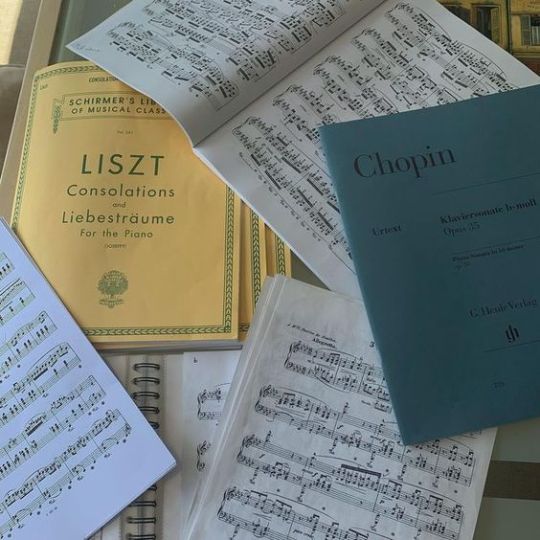
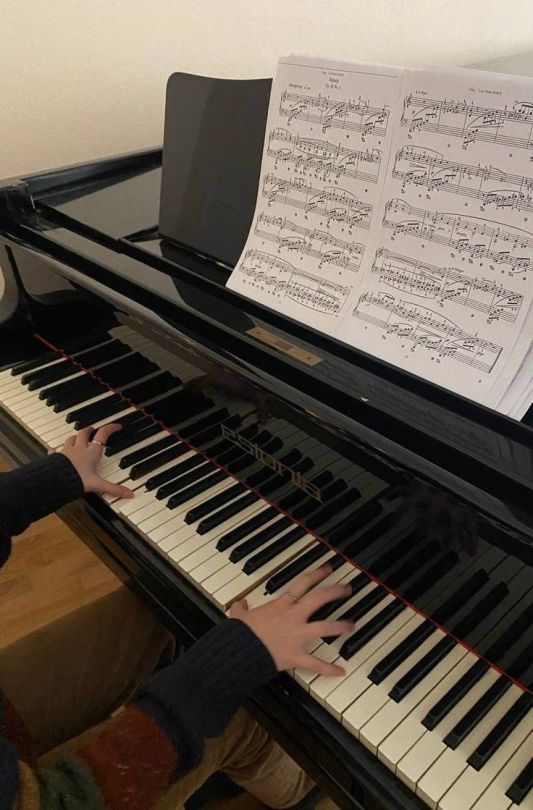
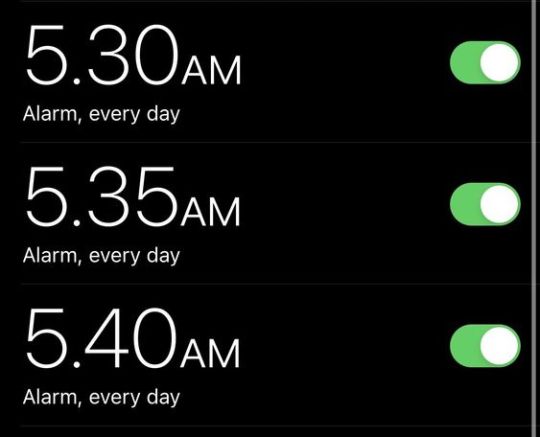
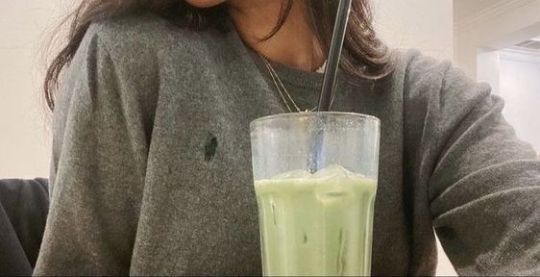
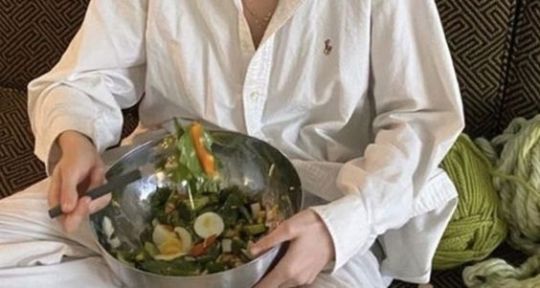
✩no social media before 10 am and after 9 pm (even better if you delete your social media, I only use pinterest and tumblr)
✩sleeping around 6-8 hours everyday and not sleeping later than 12pm
✩ figure out your bodies needs, what are you defficient in?(e.g iron and vitamin D) Do you need acne meds? (they saved my skin) Take vitamins and minerals daily and invest in your health early to prevent issues.
✩waking up early (this can vary but I try around 5-7am)
✩reading 15 min a day and slowly increasing by 3-5 min, I recommend classic literature such as Woolf, Dostoyevsky, Tolstoy, etc
✩working out once a week for beginners to slowly 3 times a week
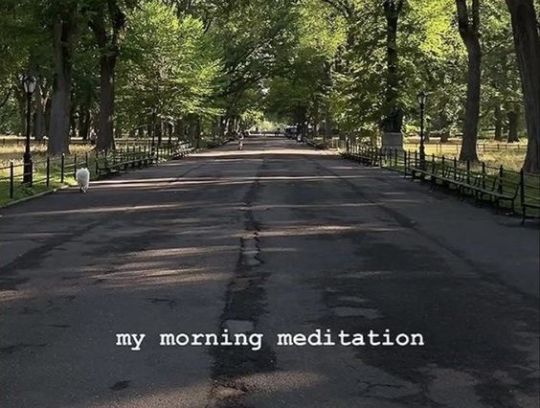
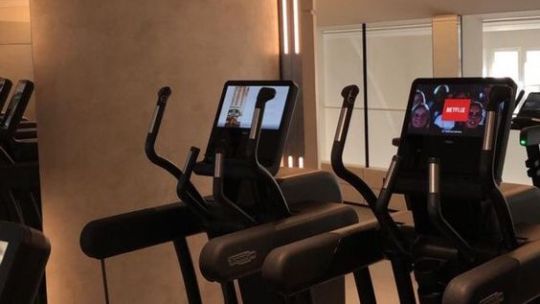
✩eating healthier through nutritious meals, fruits and nuts and avoiding very sugary and overly processed junk food.
✩practicing writing, journalling, or any other form of creative expression
✩pick up an instrument to learn (proven to increase brain activity and improve brain health)
✩reconnect with nature, spend an hour or more outside, no music just listening to your natural surroundings
✩choose a skill and hone it, this can be from Edx or Skillshare, e.g CS50 course from Harvard at Edx
✩work on your goals for at least 30min a day
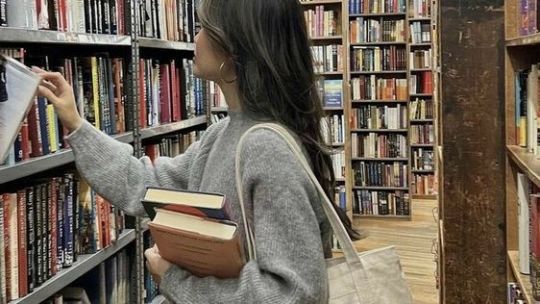
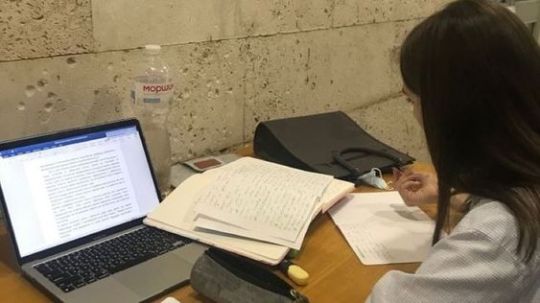
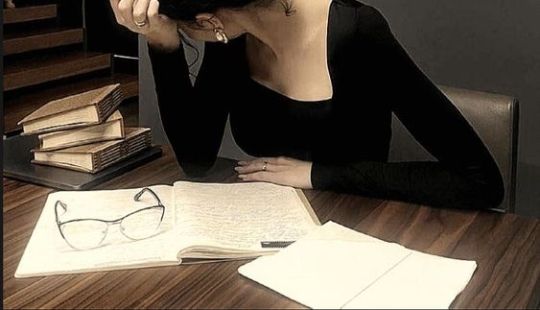
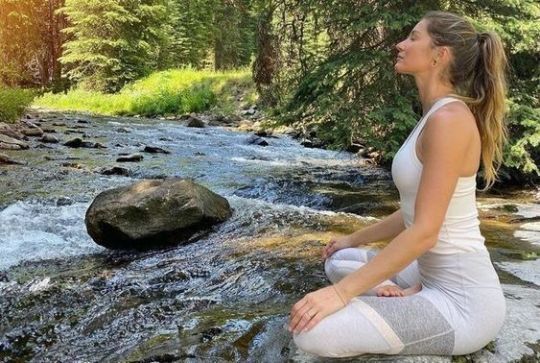
ੈ✩‧₊˚
good luck with your studies !!!
~winter
ଘ(੭ˊᵕˋ)੭* ੈ✩‧₊˚
#university student#self concept#studyblr#study#studygram#study motivation#student life#student#studying#university#uniblr#education#personal growth#personal development#glow up#college#college student#aesthetic#college life#assignment#science#study techniques#study aesthetic#overachiever#divine feminine#manifestation#successmindset#it girl#pink pilates girl#high value mindset
698 notes
·
View notes
Text
gentle reminder you can rise up from everything. you can recreate yourself. nothing is permanent. you are not stuck. you have choices. you can think new thoughts. you can learn something new. you can create new habits. all that matters is that you decide today and never look back.
#college#education#school#academia#note taking#student#study aesthetic#study blog#study inspiration#study motivation#study notes#study tips#studyblr#studyinspo#studyspo#uni life#university life#university#academic validation#chaotic academia#light academia#dark academia#motivation#motivating quotes#motivational quotes
2K notes
·
View notes
Text



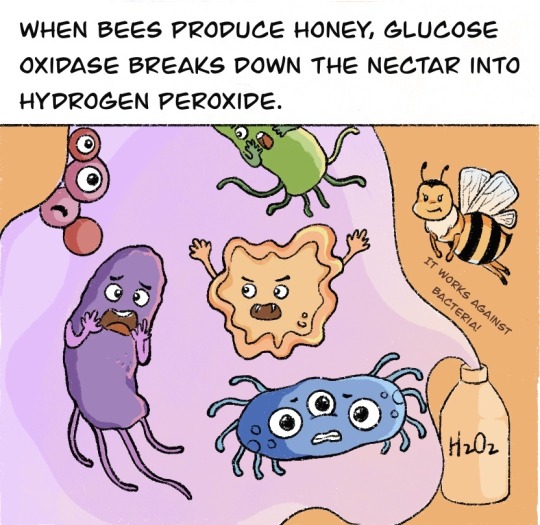
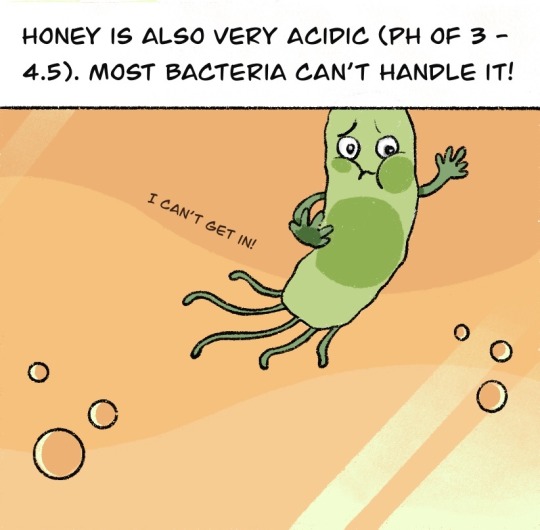
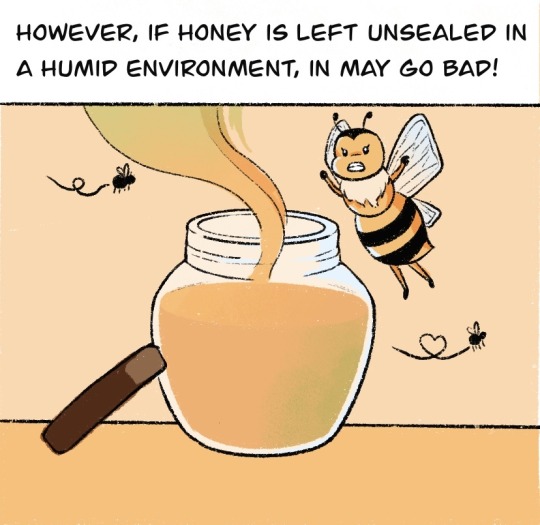
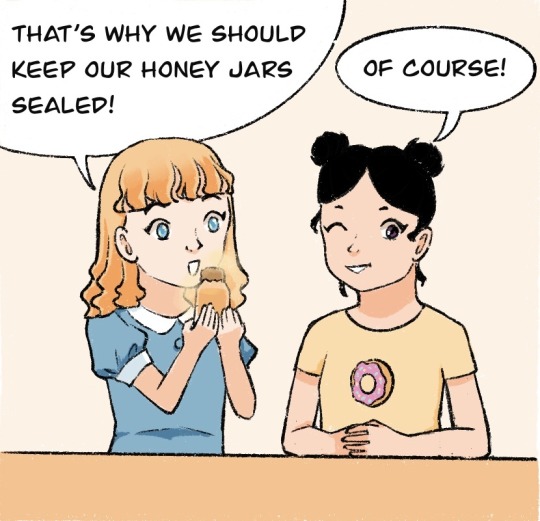
Do you know that a 3000-year-old honey was still edible? Does honey ever spoil?
#sciart#cute illustration#studyblr#sciencecommunication#biochemistry#stem education#chemistry#science#chemistry in real life#biology#food science#comics#cute comics
765 notes
·
View notes
Text


𝐒𝐭𝐚𝐫𝐭𝐢𝐧𝐠 𝐚𝐡𝐞𝐚𝐝 𝐨𝐟 𝐬𝐜𝐡𝐞𝐝𝐮𝐥𝐞.🌟
#studyblr#study aesthetic#study hard#study inspiration#study motivation#student#studyspo#studying#education#light academia#dark academia#studyspiration#study space#study#study with me#study notes#studyblr university#studywithme#uniblr#university
535 notes
·
View notes
Text
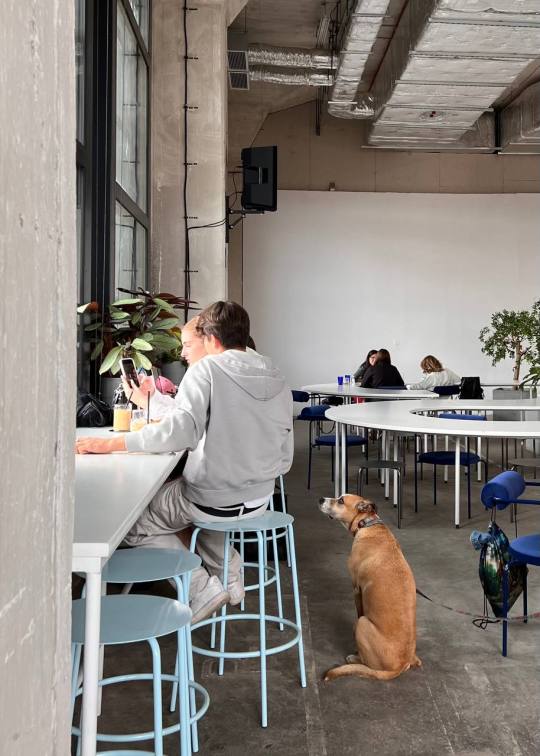

Today's coffee spot
📍 Plenum, Gdansk
#study#study blog#studyblr#study notes#student#education#books and libraries#coffee space#coffee#coffetime#coffeshop#study hard#museums#study motivation#study aesthetic#studyspo#studying
588 notes
·
View notes
Text
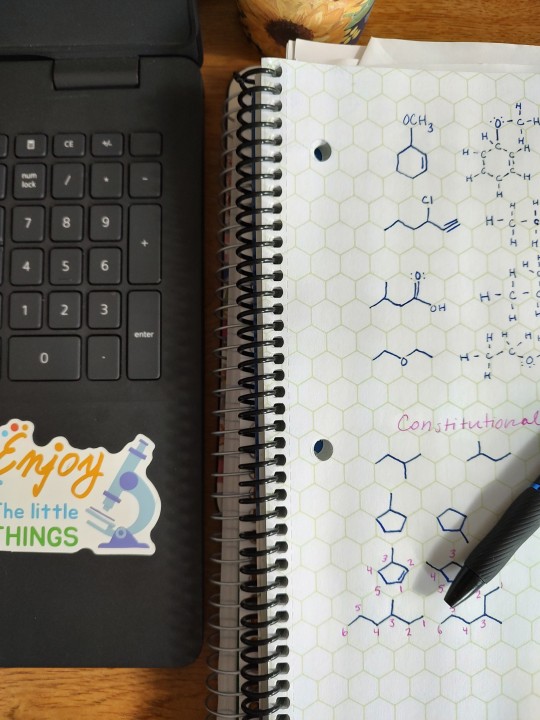
Hello all! I took a break from the Internet but I am back! Little update: I am now in year two of my degree, and I started organic chemistry! Very excited for this year's journey:) 🧪
#chemistry#college#science#stem academia#study aesthetic#studyblr#studyspo#biology#study blog#women in stem#education#rambles#tumblrpost#thank you#women in science#light academia#study notes#school#another day another slay#laboratory#study blr#study motivation
424 notes
·
View notes
Photo

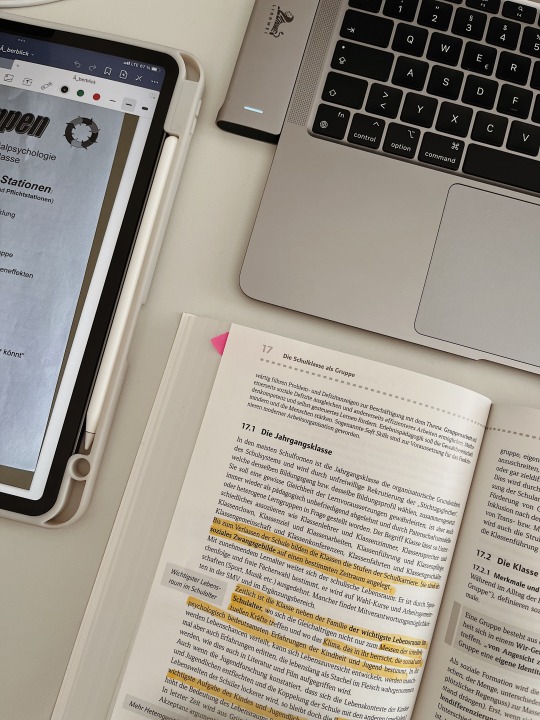
February 23, 2023 |
Started making notes for my pedagogy colloquium. Topic: The class as a group. The amount of material is insane and I have no idea how to memorize all of it.
2K notes
·
View notes
Text
I started off in college as an education major wanting to be a middle school science teacher, but ended up quitting that because of how ableist the major was.
I switched to an agriculture degree because I grew up on a farm, and during 2020 I was constantly at home and convinced myself I could physically do the work, and I completed that degree despite the professors being ableist and morally questionable.
While I was an Ag major, I was working for the geology museum on campus, and decided to get my Masters degree in museum studies. During my studies, I realized how disabled people are constantly left out of deai discussions in the museum field, only ever seen as potential visitors and never potential workers, and so I finished my degree with independent research into how disabled staff are treated.
During my last semester in grad school, I started working as a substitute teacher and realized that my education major professors were wrong; I as a disabled person can totally be a teacher without a problem. My grad school advisor also told me that a lot of myself professionals go back and forth between the school system and museums. So I'm taking the leap to try to become a teacher
I just took my GACE (the Georgia certification test) and passed at a professional level! Once I am hired by a school, I will start taking the remainder of classes that I need to be considered a full fledged teacher
I've literally just made a circle, but the agriculture and museum studies degrees are still a huge help to me as a science educator. Other than space, agriculture perfectly set me up to understand everything required for students to learn and places me in a good spot to introduce an FFA chapter to the school, while my museum studies degree has allowed me to see education from a different perspective than my coworkers in order to more adequately come up with ideas in joint discussions. Additionally, I included disability and deai research in almost everything I did from work to school, and as a disabled person myself, I feel that my understanding of accessibility and empathy for other disabled people has prepared me more for interacting with disabled students in my classes.
Not a single bit of my journey was for naught, and I no longer feel ashamed or regretful towards my agriculture degree. I'm also excited to continue learning and eventually helping others to learn too
#education major#agriculture major#museum studies#museology#study blog#studyblr#ag major#life update#disabled students#disabled studyblr#disabled academia
294 notes
·
View notes